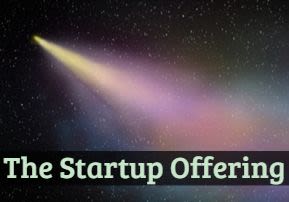
The Startup Offering
Sacrifice means we give up something, in return for something even better. This is the case with the offerings in the Temple, and possibly, also with Corona…

"Okay, David, we just released a new feature to our product. It's an extension of our reporting tool. Please write an article about it."
Those we the simple instructions from the Chief Technology Officer. I'm the content writer, and a small investor in this company. I put money into this feature, and I want a lot more mileage out of it. So, I tell him, "This is a breakthrough feature! You spent the last six months developing it, lend me a developer for six hours to explain it to me inside and out. Then we can make articles, compose a white paper, issue a press release, upload social media posts, and even host a webinar where we can invite our entire mailing list."
"Just the article."
The look on my face was sheer frustration. I wanted more. He didn't realize how much we were losing.
What’s This Got to Do with a Calf Offering?
In Vayikra (the Book of Leviticus), we read about various offerings including a cow, a goat, a dove, and even a ram. But when was the last time any of us have seen any of these animals? Have we ever even touched one?
In our daily prayers, we ask Hashem to accept our prayers in place of the offerings. But if we can't understand the significance of the offerings, and the emotions they are designed to evoke within us, how can we get into the right frame of mind when we ask Hashem for closeness, forgiveness, and blessing?
The Startup is a contemporary example.
There are three components to a startup:
– The investment
-
– The value of the investment
-
– The return on the investment
Let's take my CTO’s reporting tool. His team of three developers took six months to complete the feature. Each making $6,000 a month, the investment amounts to $108,000.
Similar tools in the market have sold for $200,000. This is the value of the investment.
We expect to add 200 users each year due to this feature. Each user pays a yearly $399 subscription so the five–year return is around $400,000.
For a company of 9 people, there is a lot to be excited about!
What were to happen if Ivan, the systems manager, went to the server that contained all the files for this feature, entered in one line of code, and deleted everything.
We lose our investment. The value of our feature is zero. The return on our investment is zero.
Smugly, he says to everyone, "Remember the raise I deserved that you forgot about? I wanted to come to this office with a gun and stat shooting, but now you are all forgiven."
That's an offering.
Components of an Offering
It takes a full year to raise a calf. That's an investment of land, care, food, shelter, and if need be, health. A farmer has to check on his livestock every day. Someone has to take it out to graze and keep watch that their asset doesn’t run away to chase a squirrel. That's the investment.
In 2018, a calf sold for $1,146. That's the value.
A grown calf can produce milk, cheese, butter, yogurt, cream, steak, hamburger, ribs. Its hide can produce shoes, wallets, belts, furniture, and jackets.
A cow produces 2,500 gallons of milk per year that can be sold for $6,250. Upon slaughter, it yields 200 lbs of ground beef and 220 lbs of beef cuts that can be sold for $5,000. Even the cow hide can go for $50.
A dairy cow is slaughtered after four years. That's a return on your investment of over $30,000, or more than 25 times what you originally paid.
Most successful startups don’t produce a return on your investment the way a cow does.
An application running in a distributed network with multiple nodes racing over a 5G communications lane using a nonrelational JSON Object database at its core does not produce the cash flow or return as Angus chewing his cud next to the daffodils.
Even now, mankind’s greatest achievements pale in comparison to what Hashem made on the sixth day of creation.
The Bottom Line of the Offering
What happens when we take this cash cow, and offer it at the Temple?
The investment is lost. The value goes to zero. There is no return.
Hashem says to us, "Remember that sin you committed? I should have killed you for it. I should have cut your soul off for it. But now you are forgiven."
As we balance the loss of what was, the regret over what could have been, with the rejoicing of what G-d spared us from, we realize the bottom line of an offering!
We are giving up something of real value that we invested time, money, and effort in. We are offering the potential for significant material and financial gains in return for a suspended sentence on capital crimes against G-d.
The loss we feel serves as a sharp reminder of what will happen to us if we sin again. It’s a catalyst for repentance.
The death of the animal serves as a real-life experience of the sword hanging over our heads if we don't make changes to our life.
The fact that we can walk away from a capital offence in one piece in return for the sacrifice of temporary wealth that can be regained over time is a reminder of Hashem’s mercy towards us.
What if the world today is in the process of one huge sacrifice? The near-term collapse of the economy is a big peace offering to Hashem. Instead of paying for our sins with a fatal case of Coronavirus, He is letting us struggle through the next phase of our world.
He is sparing us the ultimate punishment in return for our acceptance, trust, and repentance.
* * *
David Ben Horin lives in Israel with his wife and children.


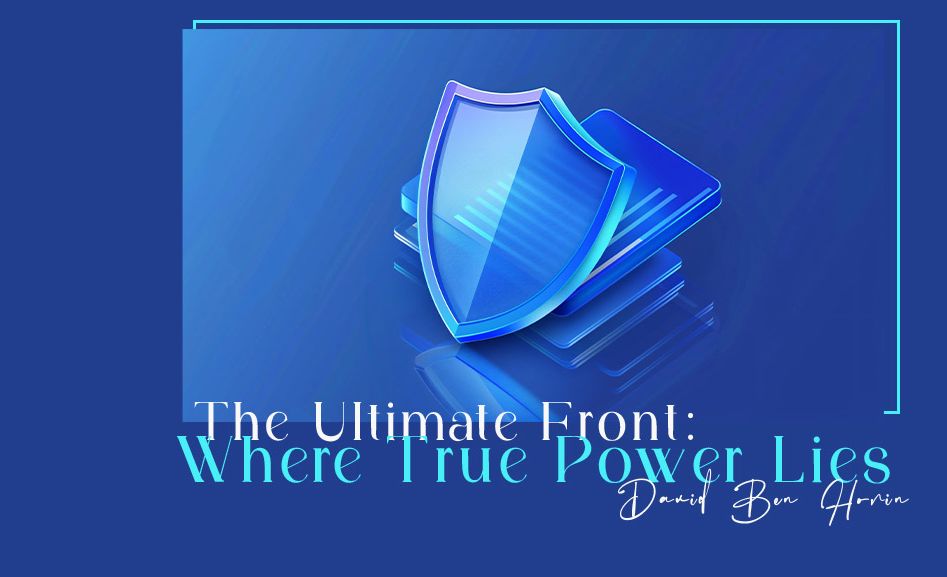
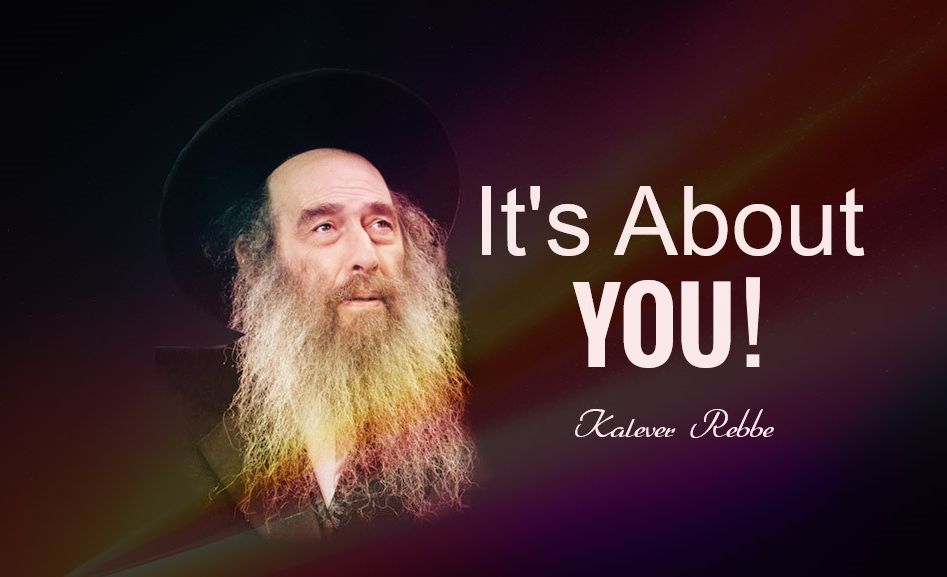
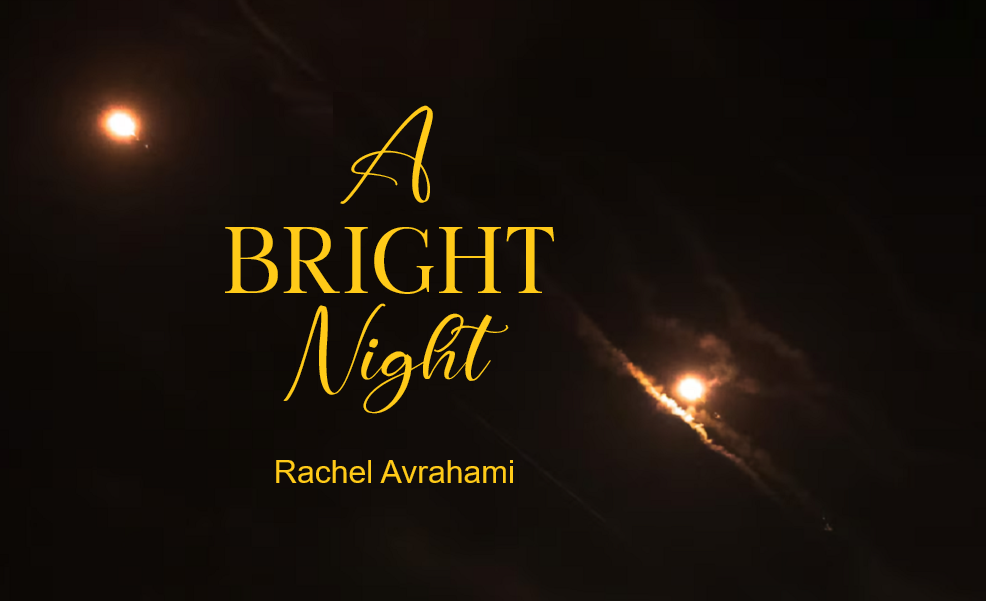
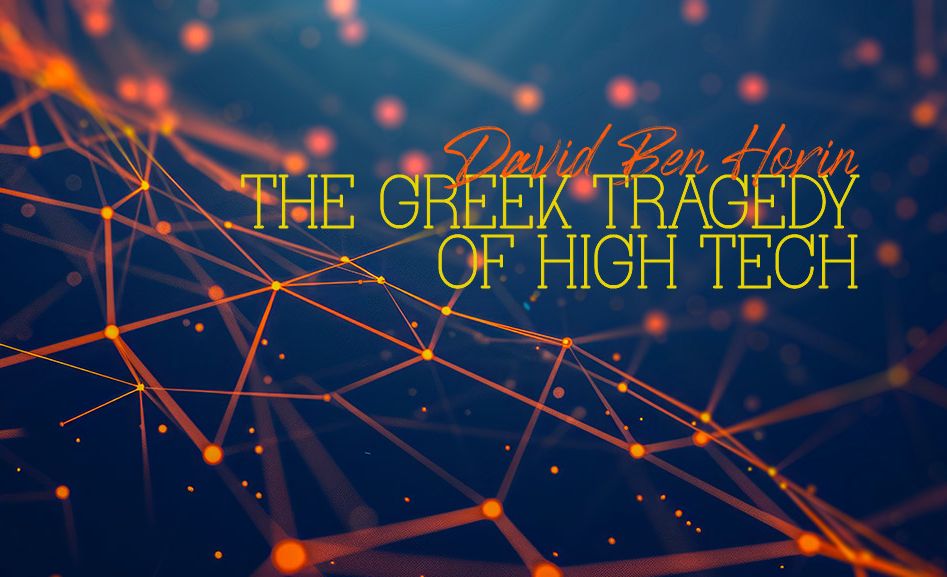
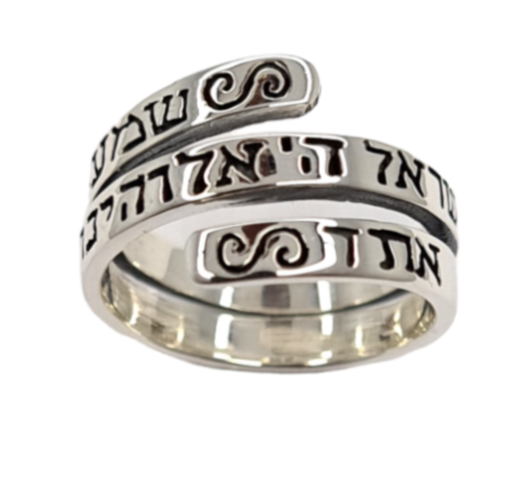

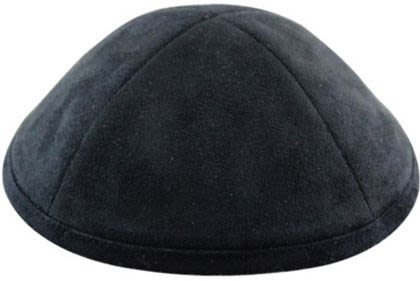
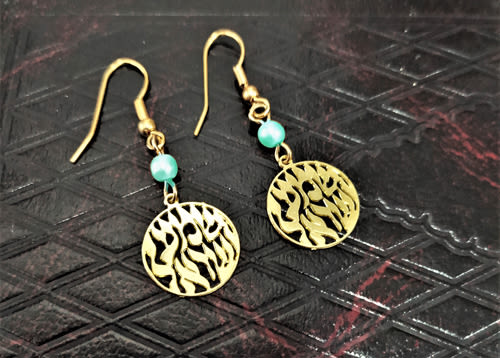
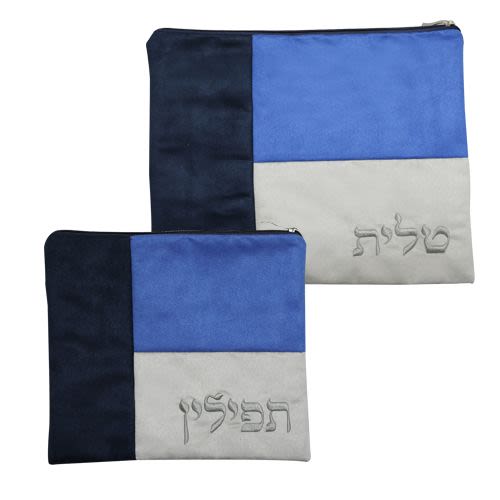
Tell us what you think!
Thank you for your comment!
It will be published after approval by the Editor.